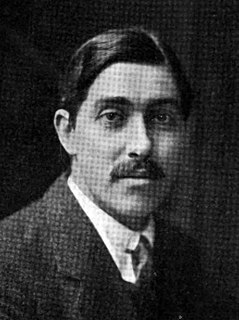A Quote by William Gilmore Simms
The only true source of politeness is consideration,--that vigilant moral sense which never loses sight of the rights, the claims, and the sensibilities of others. This is the one quality, over all others, necessary to make a gentleman.
Related Quotes
Inner experience ... is not easily accessible and, viewed from the outside by intelligence, it would even be necessary to see in it a sum of distinct operations, some intellectual, others aesthetic, yet others moral. ... It is only from within, lived to the point of terror, that it appears to unify that which discursive thought must separate.
Although a person acting under authority performs actions that seem to violate standards of conscience, it would not be true to say that he loses his moral sense. Instead, it acquires a radically different focus. He does not respond with a moral sentiment to the actions he performs. Rather, his moral concern now shifts to a consideration of how well he is living up to the expectations that the authority has of him.
Because we are free we can never be indifferent to the fate of freedom elsewhere. Our moral sense dictates a clearcut preference for these societies which share with us an abiding respect for individual human rights. We do not seek to intimidate, but it is clear that a world which others can dominate with impunity would be inhospitable to decency and a threat to the well-being of all people.
Human rights' are a fine thing, but how can we make ourselves sure that our rights do not expand at the expense of the rights of others. A society with unlimited rights is incapable of standing to adversity. If we do not wish to be ruled by a coercive authority, then each of us must rein himself in...A stable society is achieved not by balancing opposing forces but by conscious self-limitation: by the principle that we are always duty-bound to defer to the sense of moral justice.






































